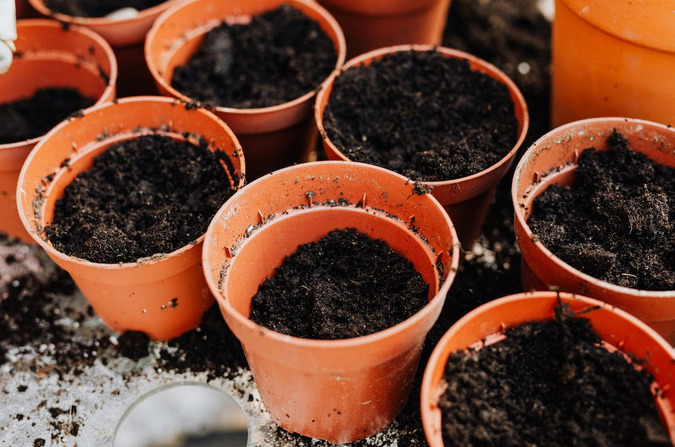Organic Soil Preparation: Science-Backed Techniques for a Thriving Organic Garden
If you’re passionate about sustainable gardening and want to maximize your harvests while minimizing environmental impact, then this blog post is for you. We’ve teamed up with professionals from , an authority in all things green and growing, to bring you expert tips on organic soil preparation. From compost incorporation to no-till gardening, these tried-and-true methods will help ensure your plants thrive and yield bountiful crops. Let’s get the guide started.
Compost Incorporation

Compost incorporation is a fundamental practice for organic gardeners, providing a nutrient-rich foundation for healthy plant growth. By incorporating compost into your soil, you’re not only enriching it with essential minerals and beneficial microorganisms but also improving its structure and water-holding capacity. The first step is creating your own compost pile using kitchen scraps, yard waste, and other organic materials. When compost decomposes, it transforms into a dark brown, crumbly substance that’s packed with nutrients.
You should ensure that your compost is well-aged and fully decomposed before incorporating it into your garden beds or containers. Use a fork or tiller to spread compost across the topsoil. Also, consider applying additional amendments based on the specific needs of your plants. Compost tea is another fantastic option for providing immediate nutrition to plants while minimizing runoff.
Crop Rotation
Crop rotation is a time-tested technique that can greatly benefit your organic garden. By rotating the types of crops you grow in different areas of your garden from season to season, you can help prevent soil nutrient depletion and lower the risk of pests and diseases. One of the main reasons why crop rotation works so well is because different plants have varying nutrient needs.
For example, legumes like peas and beans are widely known for their unique ability to fix nitrogen in the soil, which can be quite handy and valuable for subsequent crops that require higher levels of nitrogen. On the other hand, heavy feeders like tomatoes or corn deplete specific nutrients from the soil, so it’s important not to plant them in the same spot year after year.
Soil Testing and Amendments

One crucial step in achieving a thriving organic garden is to understand the composition of your soil. Soil testing allows you to assess its pH level, nutrient content, and overall health. With this, you know which amendments can improve your soil’s fertility. To start, take a sample of your soil from various areas of your garden using a trowel or spade. Mix these samples together in a clean container before sending them off for testing. Many agricultural extension offices or private labs offer affordable soil testing services.
Once you receive the results, it’s time to identify any deficiencies or imbalances in nutrients like nitrogen, phosphorus, and potassium. Based on these findings, select appropriate organic amendments such as composted manure, bone meal, or kelp meal. Amendments should be made to the soil prior to planting season or during fallow periods so that they have ample time to break down and enrich the earth. Remember that each plant …


